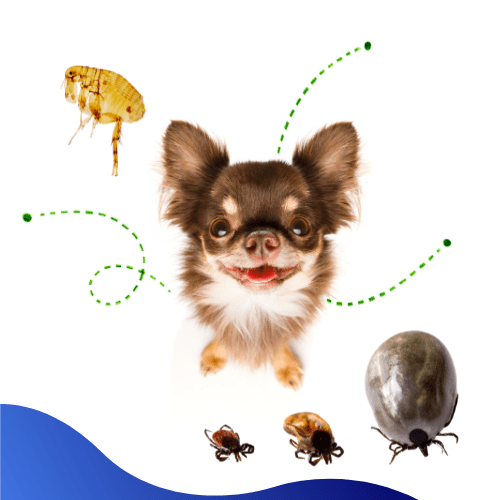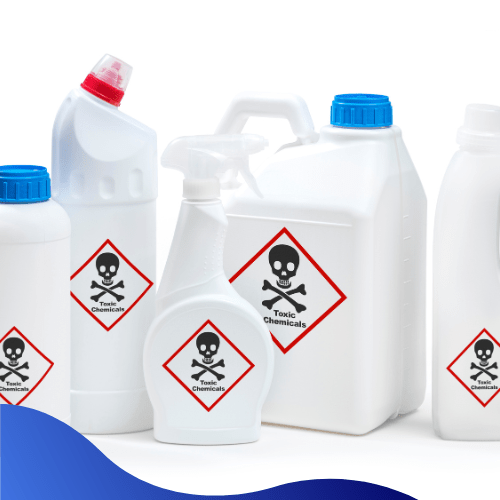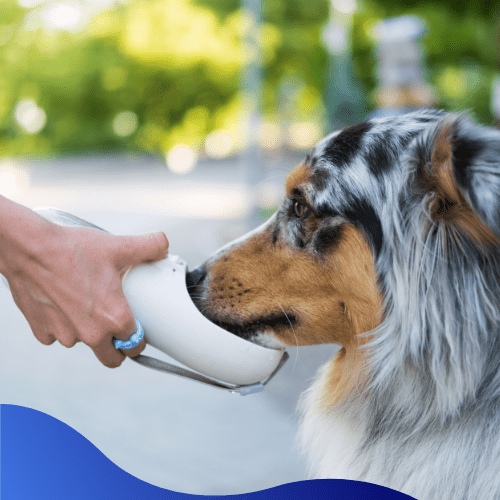Spring into Health: Essential Tips for Keeping Your Dog Happy this Season
As winter melts away and nature begins to bloom, there’s an undeniable sense of renewal in the air. As we emerge from the cozy confines of our homes, our furry companions are equally eager to frolic in the newfound warmth of spring. However, just like us, our dogs require special care and attention during this transition period. From pesky parasites to seasonal allergies, spring brings its own set of challenges for our canine friends. In this blog post, we’ll explore essential tips to ensure your dog’s health and happiness as we welcome the sights, sounds, and scents of spring. So grab a leash; let’s spring into health together!

Flea and Tick Prevention
Warmer weather means increased activity for fleas and ticks. Make sure your dog is protected with flea and tick prevention methods such as topical treatments, collars, or oral medications. Regularly check your dog for any signs of these pests.
Allergies
Just like humans, dogs can suffer from seasonal allergies. Keep an eye out for symptoms such as excessive scratching, licking, or sneezing. If you suspect your dog has allergies, consult with your veterinarian for proper diagnosis and treatment options.


Spring Cleaning Products
Be cautious with the cleaning products you use around your home. Some common household cleaners and chemicals can be toxic to pets if ingested or inhaled. Make sure to store these items securely and use pet-safe cleaning products whenever possible.
Outdoor Hazards
As the weather warms up, your dog may spend more time outdoors. Be mindful of potential hazards such as toxic plants, fertilizers, pesticides, and other chemicals commonly used in gardens and yards. Keep your dog away from areas where these substances are present.


Hydration
Provide plenty of fresh water for your dog, especially during warmer days. Dehydration can be a serious issue for dogs, so make sure they have access to water at all times, whether indoors or outdoors.
Exercise
Spring is a great time to get outside and be active with your dog. However, be mindful of the temperature and avoid strenuous activity during the hottest parts of the day. Watch for signs of overheating such as excessive panting, drooling, or weakness, and take breaks as needed.


Nutrition
Review your dog’s diet and ensure it’s appropriate for their age, size, and activity level. Consider consulting with your veterinarian to ensure your dog is receiving the proper nutrition for optimal health.
Grooming
With spring comes shedding for many dog breeds. Regular grooming can help minimize shedding and keep your dog’s coat healthy and free of mats. Additionally, be mindful of any changes in your dog’s skin or coat, as these could be signs of underlying health issues.


Parasite Prevention
In addition to fleas and ticks, springtime can also bring an increase in other parasites, such as heartworms and intestinal worms. Make sure your dog is up-to-date on preventive medications recommended by your veterinarian.
By taking these precautions, you can help ensure that your dog stays happy and healthy throughout the spring season.
Thank you for reading, until next time…

